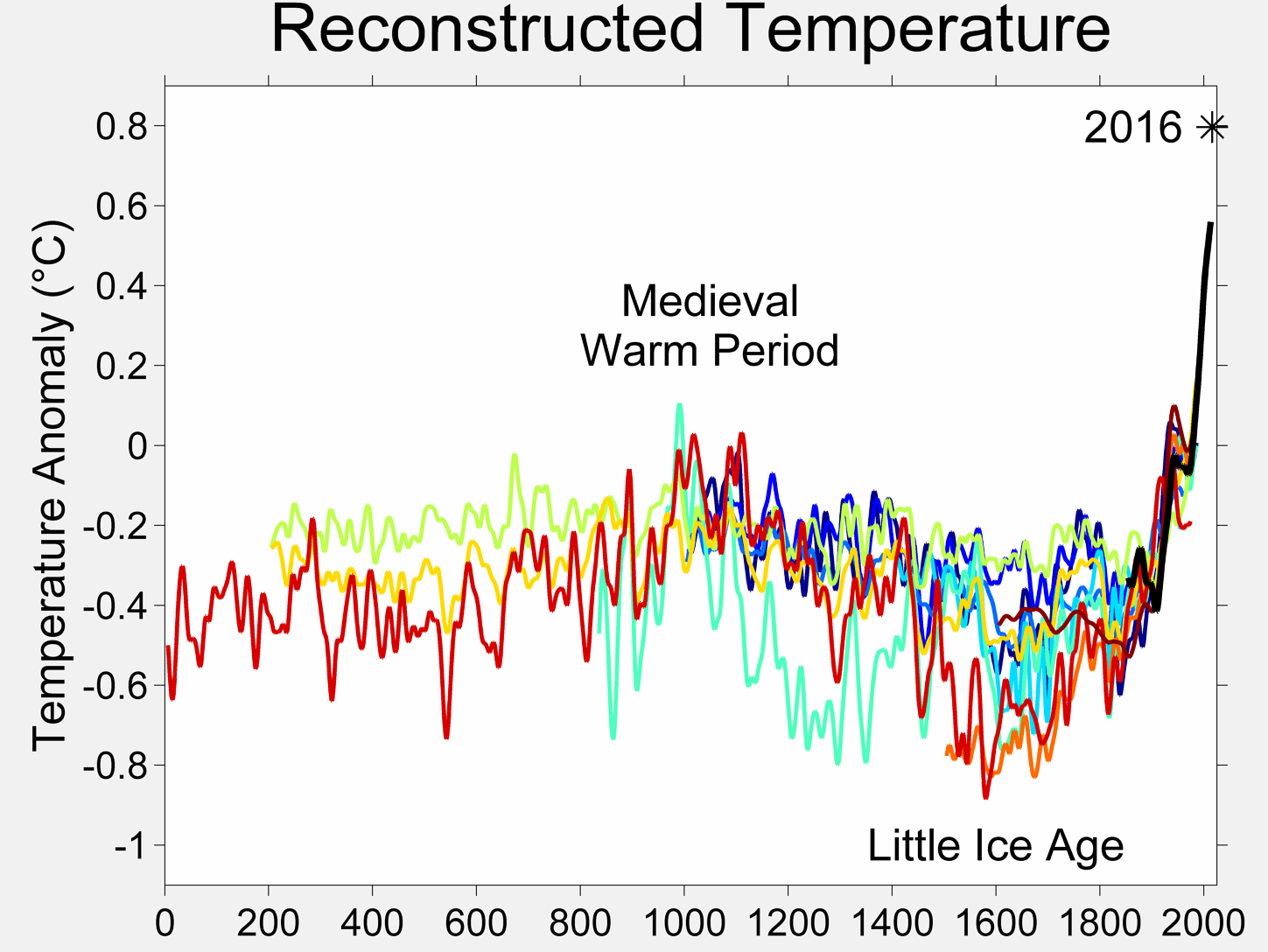| Re: A question for JayMan and other ''HBD'' supporters (852046) | |||
|
|
|||
| Home > OTChat | |||
|
[ Read Responses | Post a New Response | Return to the Index ] |
|
||
Re: A question for JayMan and other ''HBD'' supporters |
|
|
Posted by JayMan on Tue Oct 4 08:59:11 2011, in response to A question for JayMan and other "HBD" supporters, posted by dand124 on Mon Oct 3 20:12:40 2011. If northern Europeans have one of the highest average IQs and IQ is genetic how come northern Europe didn’t develop any advanced civilizations until 500 years agoThey have some of the highest IQs today. We don't know what the IQs of historical peoples were. And you are incorrect, civilization has existed in northern Europe for at least 1,000 years, the point where we can agree that Europe emerged from the Dark Ages. And of course, there's more than just IQ involved in creating civilization or advanced society (as the Eskimos, who have an average IQ of 91—higher than some of the societies you mentioned—demonstrate). The High Middle Ages was during the time of the Medieval Warm Period:  The warmer climate would have made farming easier through out much of Europe. The ease of farming put an end to the Viking age and allowed civilization to take root. This also had the effect, as Gregory Cochran and Henry Harpending argue in The 10,000 Year Explosion, of pacifying the people, as powerful states tend to do, as the most violent individuals in society are executed. The evolution of certain traits, quite possibly bipolar disorder and Asperger's syndrome, could have fueled the artistic revolutions of the Renaissance, and later, the Scientific Revolution that ushered in the Modern Era. thousands of years after Asia the Mid-East Southern Europe and the Americas? In addition: East Asia, specifically China, has been civilized for thousands of years, and indeed, is the oldest continual civilization in the world. The traits that East Asians possess are probably very old, and their historical path (early advancement followed by little social or technological change up until the modern era) is not very mysterious. South Asia, specifically India, is a highly complex society. While the average IQ of the country today is only 82, the layered society left the various castes with different IQs. The history of civilization here is equally complex, and although the Indus Valley civilization originated early on in what is now Pakistan, there is little continuity between that society and today's. As for the Americas, C&H argue that the civilizations of Meso-America were very much like those of the Middle East thousands of years earlier. In many ways, the European newcomers were "invaders from the future". It's also worth remembering that it doesn't take much brains to make an ancient civilization. Even sub-Saharan Africa today produces doctors, engineers, physicists and the like. A handful of people making up the intelligent class directing the masses is sufficient. Even the pyramids and the Sphinx are suspected to have been built with a lot laborers doing very menial grunt work for a long time. The key with the seeming dichotomy between the Middle East and Europe today, the former being the cradle of civilization and agriculture, while the latter being the center of advanced civilization today, is that the rise of centralized states depended on agriculture as well as a more docile people (than those in foraging societies). The Middle East, probably because of the fortuitous conditions there, developed agriculture first. Make no mistake, farming had spread to northern Europe long ago. Northern Europeans could have already evolved higher IQs than peoples further south due to the harshness of the winter life, but didn't embrace civilization until enough people submitted to living in a society with a centralized government. |